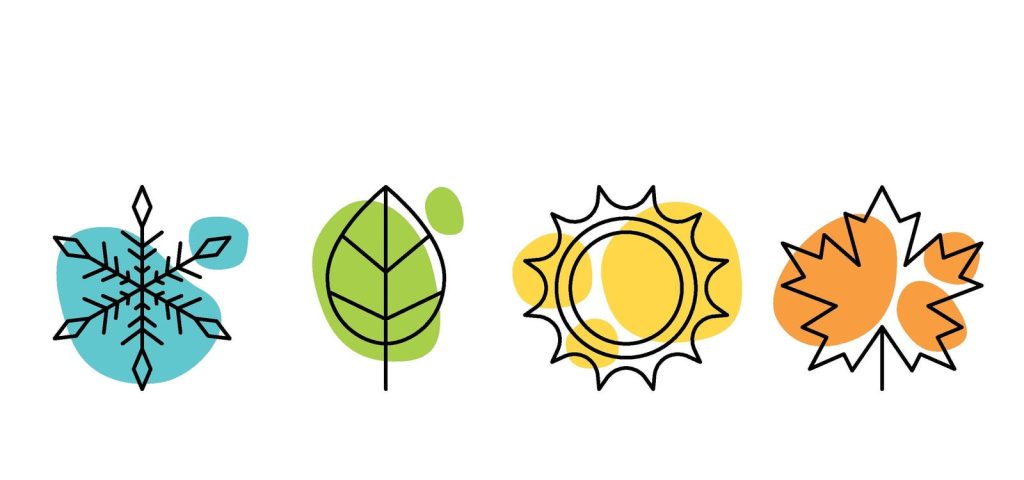If you could live anywhere— anywhere at all—you might opt for a tropical paradise, like many others. Reminiscent of a never-ending beach vacation and glorious days of warm sunshine, living in such a climate sounds like a dream. However, it turns out that crisp, cold winters might just suit your temperament better. It’s all about learning which resonates with you most.
There’s truth to the notion that warm weather can improve your mental health—sunlight is a natural mood booster. A 2015 study published in Depression Research and Treatment supports the importance of exposure to sunlight, which helps regulate serotonin production and promotes a positive mood.
It’s no coincidence that people in sunny regions tend to report fewer cases of Seasonal Affective Disorder, also known as SAD. This type of depression is triggered by reduced sunlight during colder months.
In addition to the direct benefits of sunshine, warm climates also encourage outdoor activities, which promote a more active, healthy lifestyle. The abundance of sunshine provides an opportunity to engage in regular exercise, which has been known to reduce symptoms of anxiety and depression.
With this information, it would be easy to decide that living in a warmer climate automatically makes you happier. However, living in cold weather has some surprising pros.
Here are two reasons why cold climates might just make you happier, according to research.
1. The Cold Can Make You More Productive
While people tend to socialize more in warmer climates, the emphasis often shifts toward leisure. If you have ever found staying motivated on a lazy, sunny afternoon challenging, you probably understand why. This might leave those who crave structure and consistent goal-achievement feeling unfulfilled.
While it is true that hotter regions have lower rates of winter-onset SAD due to the lack of sunlight, people in colder climates also tend to be more productive. A Labor Economics study published this April found that high temperatures tend to hurt work-related activities due to how uncomfortable and irritable one can become working in a hot environment.
Because of this, countries with long winters, such as Norway, Sweden and Finland, consistently rank among the most productive in the world. These countries’ colder, darker months also create a more structured, focused environment. With fewer distractions and a need to stay indoors, people often buckle down and concentrate on what they must do.
2. The Cold Can Encourage Deeper Social Connection
Of course, work and productivity are not the only factors contributing to happiness. Our relationships are one of the most significant sources of joy and fulfillment. It is no secret that cold winters can lead to isolation for some, as people are less inclined to go out and socialize when the weather is harsh. This can exacerbate feelings of loneliness and depression.
However, the flip side is that when people in colder regions do gather, the connections can be more intimate and meaningful. Known to be one of the happiest people in the world, the Danish refer to the concept of intimate, cozy togetherness as “hygge.” This describes how people in cold countries are encouraged to gather around a fire or share a warm meal with close friends.
Ultimately, neither warm nor cold climates are inherently better than the other for mental well-being. Both offer unique challenges and rewards. But, where would you be happier? The answer might depend on your personal temperament, goals and lifestyle preferences.
If you thrive in social settings, love the outdoors and prefer a relaxed work-life balance, a warm climate might be your ideal choice. But if you are someone who values structure, productivity and deep connections, a colder environment might provide the mental space you need to flourish.
Do you worry about how climate change will impact the world and our mental health? Take this test to find out: Climate Change Worry Scale
Read the full article here






